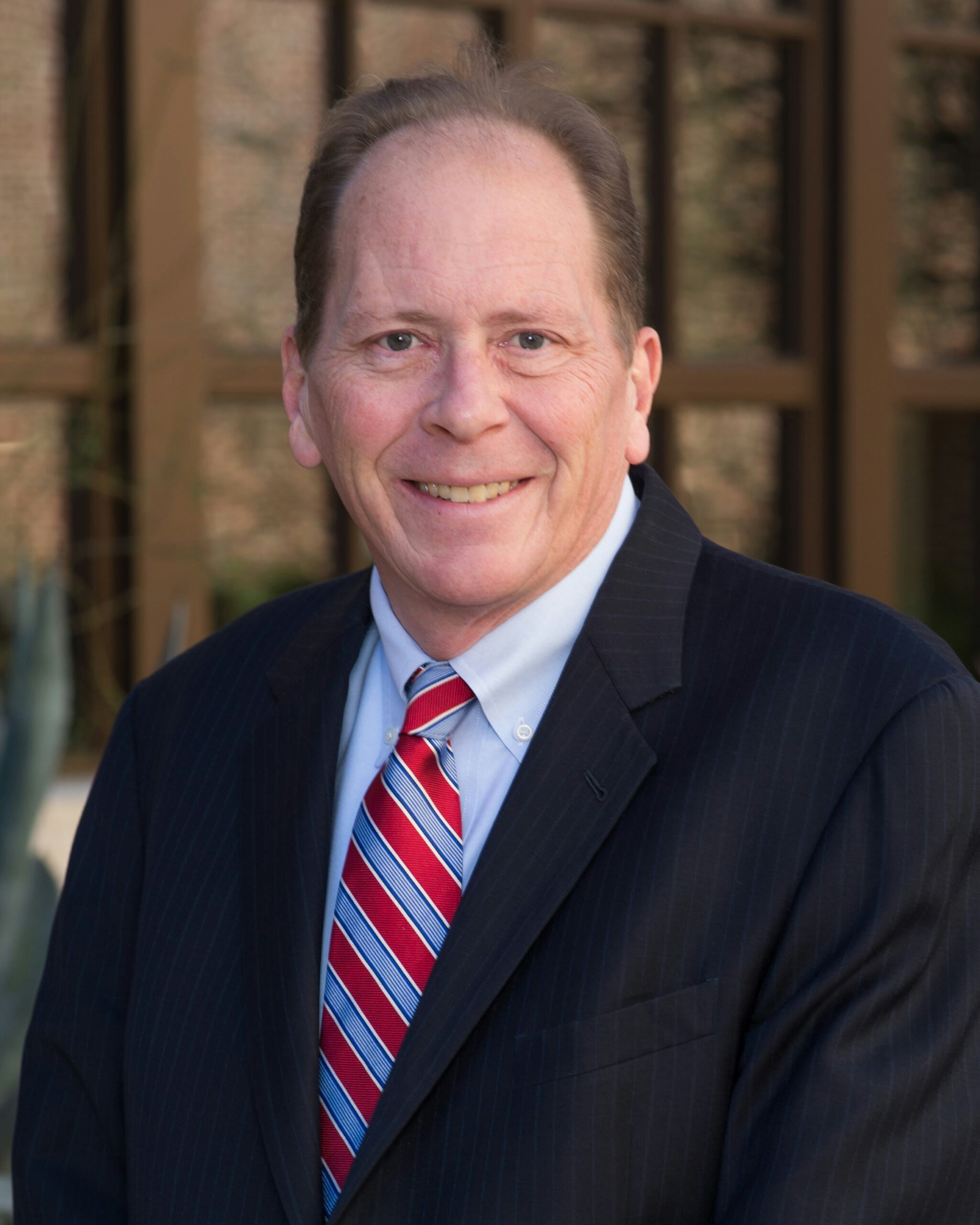Former Cuban political prisoner Normando Hernandez talks to the Bush Institute's Lindsay Lloyd about life in Cuba during the COVID-19 pandemic.
Normando Hernandez is a former Cuban political prisoner and the Director General of ICLEP, the Cuban Institute for Freedom of Expression and the Press, based in Hialeah, Florida.
He is an independent journalist who has dedicated his career to providing alternative sources of news and information in Cuba. In 1999, he co-founded the Cuban Foundation for Human Rights, and in 2000, he established the Camaguey Association of Journalists, the first independent organization in Camaguey province since 1959. Declared a “prisoner of conscience” by Amnesty International following Cuba’s “Black Spring” (2003–2010), during which dozens of dissidents and journalists were imprisoned for their activism, Mr. Hernandez was exiled to Spain in 2010 and has since resettled in the United States.
Hernandez is the author of numerous articles and publications, including the book El Arte de la Tortura: Memorias de un Ex Prisionero de Conciencia Cubano (The Art of Torture: Memories of a Former Cuban Prisoner of Conscience, 2010). He has received several journalism and human rights awards, including the Norwegian Writers Association’s Freedom of Expression Award (2009), the PEN American Center’s PEN/Barbara Goldsmith Freedom to Write Award (2007), and a special mention by the Inter-American Press Association for excellence in journalism (2003). He also served as a Fellow in Human Freedom at the George W. Bush Institute.
This interview was conducted via email on April 20.
Lindsay Lloyd: What’s the current situation with the virus in Cuba? How many cases are there? How many have died?
Normando Hernandez: The Cuban people are struggling between catching the virus or starving to death. Hunger is a bad motivator, so regardless of the consequences, people do not respect social isolation and crowd in endless lines to buy a minimum of groceries to bring a plate of food to their children. Cuban families do not even have enough soap to wash their hands. The shortages are alarming. It’s very sad how the Cuban people are suffering at the moment.
According to the regime’s statistics, as of April 19, there are 1,087 confirmed cases, 3,232 admitted to hospitals, and 36 deaths.
LL: Can we be confident that the Cuban government is accurately reporting these statistics?
NH: Let us not forget that a totalitarian single-party regime rules in Cuba and, as we all know, these types of regimes are experts in lying. What we can be sure of is that the Cuban regime lies regarding to statistics.
Proof of this is the mathematical model that Antonio Rodiles, an opposition figure and a doctor in physics and mathematics, has developed, where he compares the statistics of Cuban regime with the statistics of other countries. In his April 17 report, when the Cuban regime reported 968 infected people, Dr. Rodiles projected an estimated 4,598 were infected, more than four times the number reported by the state.
LL: Tourism is a huge source of revenue for the government. With international travel essentially halted for the foreseeable future, what is the impact on the economy?
NH: The Cuban economy is starving Not only will it be affected by less tourism, it will also be hit by less foreign investment and fewer family remittances from abroad. And if the state continues to close private businesses, there will be a decrease in consumption, investment, and the production of goods and services, leading to an increase in unemployment. You won’t have to wait long for the recession.
LL: Can Cuba’s health care system adequately respond to the pandemic?
NH: The Cuban health system collapsed many years ago. It was not responding adequately before the pandemic. Nor does it respond adequately during the pandemic. And after the pandemic, it will continue to not respond adequately to the needs of the population. The Cuban health system is only official propaganda.
It is a system that is created and functions to enrich those who rule Cuba.
Let’s not forget that the regime exports a massive number of doctors and medical personnel to work abroad and then withholds around 75 percent of what the recipient countries pay in wages for the work of those health professionals. Many experts on the subject consider this a form of modern slavery or forced labor.
LL: There are quite a few observers of Cuba in the U.S. and elsewhere that laud Cuba’s health care system. What’s the situation like for the average Cuban?
NH: I could describe in detail the situation of the average Cuban within the Cuban health system, but I can simply summarize it in three fundamental aspects:
1. Poor hygiene;
2. Poor nutrition; and
3. Shortages of medicines and supplies of all kinds.
Any health system with these serious issues elicits criticism from the community rather than praise. When you force people into a health system that does not allow private clinics or any other alternatives so that there is adequate care, it creates discontentment, helplessness, a lack of hope and much more.
LL: Some governments, like Hungary and Turkey, are using the pandemic to enhance their powers and restrict the opposition. Is anything like this happening in Cuba?
NH: Currently, the streets of Cuba are under the control of the repressive forces of the regime, including the paramilitary Rapid Response Brigades. Cuba is subject to the military. In such a scenario, the opposition is faced with all kinds of restrictions, ranging from self-censorship to the threat of being sanctioned for the alleged crime of “Propagation of the Epidemic.”
The regime, regardless of the spread of the coronavirus, continues to cite, interrogate, threaten prison terms, and fine independent journalists simply for publishing information on the real situation in Cuba in the days of COVID-19, whether on social networks or in any other media. Many in the opposition fear that the regime will kill them by infecting them with the virus.































